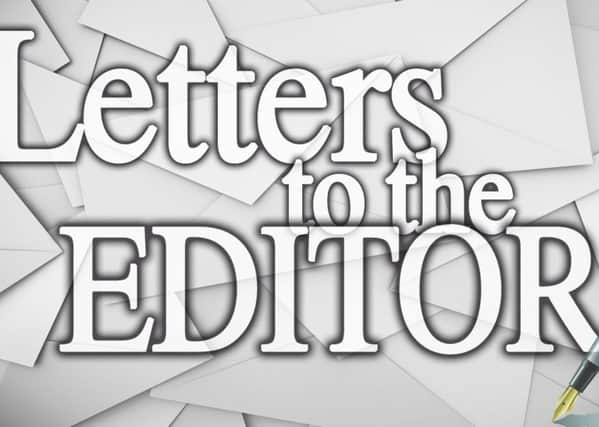No thought is given to Margaret Thatcher's '˜British as Finchley' remark


Did anyone ask Margaret Thatcher what she meant?
Years earlier everyone understood what was meant by British Rights for British citizens – the original slogan of the Civil Rights campaigners in Northern Ireland in the 1960s.
The slogan was used in campaigning for the extension of the franchise in local council elections to be the same as that introduced by the reforming post war Attlee government for England, Scotland and Wales.
Advertisement
Hide AdAdvertisement
Hide AdNorthern Ireland had continued with the old system as local government was a matter for Stormont.
As for Reginald Maudling, generally regarded as an inadequate Home Secretary, his “What an awful bloody country” typical in the disturbance to his comforts, and the comforts of others, was at a time when on a British Passport you had to state your home country (mine was Northern Ireland) much again as you had to specify whether you were English, Irish, Scots, or Welsh on applying to join the army.
Walter Ellis displays a want of awareness of the past – amazing for a journalist were it not so common - when he refers disparagingly to the decades that led up to the troubles.
These were decades that saw the implementation of the adaptation of the Butler Education Act and a Health Service for Northern Ireland in keeping with the rest of the United Kingdom.
It also saw the United Kingdom agreeing to the funding.
Advertisement
Hide AdAdvertisement
Hide AdWhen in matters of health Noel Browne, then health minister attempted to go some way towards emulating Northern Ireland by the introduction of a scheme in the newly declared Irish Republic it brought about the fall of the government as it was deemed offensive to faith and morals. So much for the decades.
As for Walter Ellis noting that Republic of Ireland citizens could do well, even to the extent of entering the civil service and posts in government, when they crossed to England, it rightly supports the view that the Republic in a sense never fully left the United Kingdom.
Despite what the DUP might say the Republic is not looked upon as a foreign country – much to the annoyance of Irish purists.
This is owing to the fact that on the establishment of the Irish Free State London made provision such that Irish people would not be excluded from the wider life of these interrelated islands.
Advertisement
Hide AdAdvertisement
Hide AdBut as for Walter Ellis on English journalists having to explain the DUP to English readers, I thought that what we got was more a ridiculing of the DUP as a party of dinosaurs for its stance on same sex marriage and abortion, and therefore conservatives should not be associated with it – despite it being a stance which is virtually identical with that of Jacob Rees-Mogg, reported by journalists without ridicule on these issues as a possible future leader of the Conservatives Party.
It says a lot about the want of thought in English journalism, and Irish, and not unlike tweets on Twitter.
W A Miller, Belfast BT13